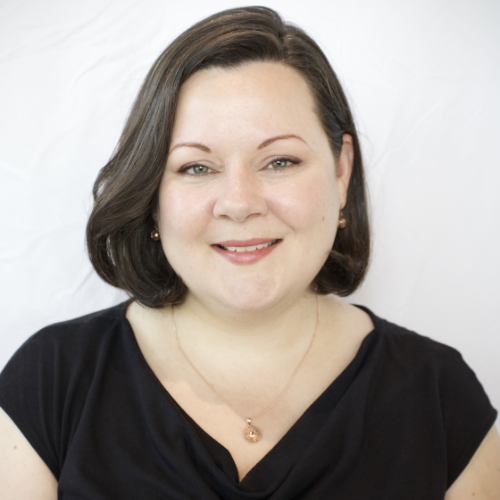The University of Houston-Downtown recently welcomed Dr. Jillian O’Connor, Assistant Professor of Psychology. Dr. O’Connor brings a fascinating research background in exploring how voices shape the way people judge trustworthiness, attraction, and even jealousy.
“I'm really interested in the perception of voices, specifically when it comes to pitch. That's a very common thread throughout all my research,” she explained. “I'm also super interested in trust in different contexts. So some of those contexts that I've looked at is trustworthiness in terms of romantic relationships, so infidelity, or trustworthiness in terms of financial exchanges.”
One of Dr. O’Connor’s recent studies revealed that people tend to assume individuals with higher-pitched voices are more financially trustworthy. The result has drawn media attention and raises questions about how cultural ideas of dominance and credibility shape perception. As Dr. O’Connor noted, individuals who are perceived as powerful “may be more able, but not more willing to be trustworthy,” while those seen as less dominant “might be the ones who would actually make really good longer-term social partners.” These judgments, she suggests, reflect social values as much as they do biology.
While the psychology behind these associations is complex, the potential for use is wide-reaching. There are clear applications in fields like sales and online dating, but Dr. O’Connor is especially intrigued by how charitable organizations could benefit. She sees potential for the findings to improve donation campaigns, adoption drives, and food bank outreach by understanding how vocal cues influence trust.
Her upcoming projects will expand on the trust thread as it applies to personal interactions. At UHD, Dr. O’Connor is beginning new research to explore whether women’s perceptions of safety or threat shape their preferences for different types of voices. She is also collaborating with colleagues at Queen’s University in Canada to test whether responses to voices are automatic or conscious. “If they're actually a knee-jerk response, then it might be hard for us to get around any biases we have based on someone's voice,” she explained. “But if they're more conscious, we might be able to interrupt that process a little bit more.”
For Dr. O’Connor, these research questions also play a part in her role as an educator. “I think teaching and research sort of both feed different needs or different aspects, and they really inform each other, too,” she said. “Research gives me the fuel and the passion and the perspective. And then when you're in a classroom with students, you get this slightly different perspective. So it has this really nice sort of synergy.”
That sense of community extends to her research team. Dr. O’Connor notes that the kinds of projects she’s working on tend to be accessible to students looking to gain research experience, as there are opportunities to learn how to manipulate vocal frequencies, measure pitch, or even design experiments. “It's a type of research that a lot of students can sort of get hands-on experience so they can learn at lots of different levels and get a whole research experience arc,” she said.
This semester, students will connect with Dr. O’Connor in her social and cognitive psychology classes, while her research continues to add momentum to UHD’s contributions in psychology and open new avenues for discovery in the years ahead.

